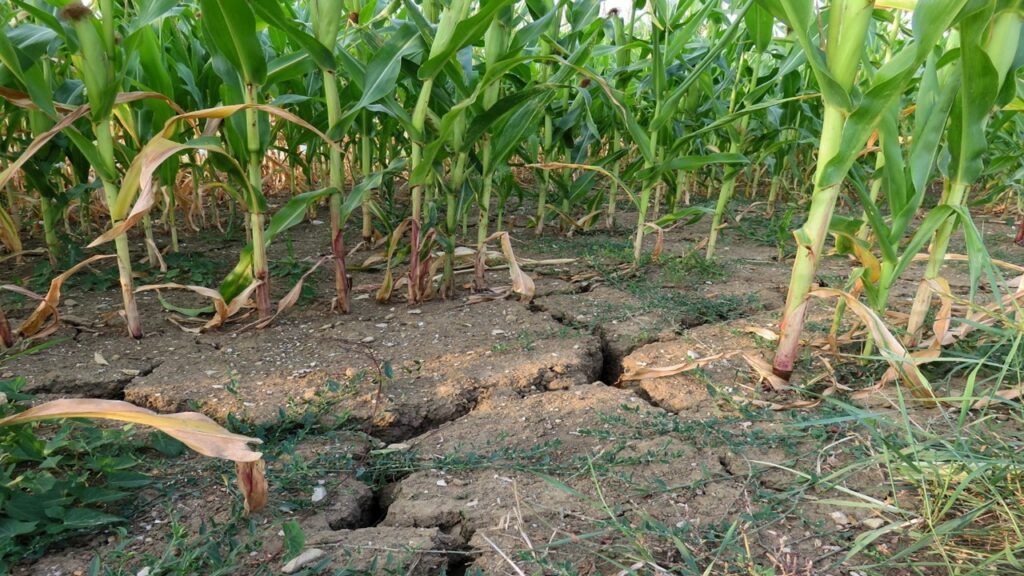The International Monetary Fund (IMF) announced on Thursday that it plans to conduct a visit to Zambia, tentatively scheduled for mid-April, to evaluate the adverse effects of the ongoing drought on the country’s economic growth and budget.
Zambia is currently grappling with drought conditions in 84 out of its 116 districts, exacerbating the already challenging situation. The rainy season, typically spanning from October to March, concluded prematurely in late January, further exacerbating the drought’s impact.
Julie Kozak, the IMF’s director of communications, stated during a media briefing that the initial assessment indicates significant crop losses and a heightened need to boost energy imports to offset electricity shortages caused by the reliance on hydropower, which contributes to at least 80 percent of the country’s electricity generation.
In response to the crisis, Zambian President Hakainde Hichilema declared the drought a national disaster and emergency last week, acknowledging its devastating effects on food production and the electricity supply. Maize, a staple food crop requiring consistent rainfall, failed to mature, leaving many small-scale farmers without a harvest.
A local farmer lamented the dire situation, particularly in the southern, eastern, and western regions, where food scarcity is severe. He highlighted the contrasting situation in the northern part of Zambia, which received some rainfall.
The plight of small-scale farmers is exacerbated by concerns about generating sufficient income to meet basic needs, considering that nearly 70 percent of Zambians depend on food produced by these farmers. Yotam Mkandawire, the executive secretary for the Grain Traders Association of Zambia, acknowledged the country’s current food security status but warned of potential challenges in the future, particularly after the next harvest.
Despite reassurances, aid organisation Oxfam issued a stark warning, indicating that six million people in Zambia are facing acute food shortages until the next growing season. In response, President Hichilema pledged to
redistribute food from surplus areas to districts experiencing shortages and called for assistance from the international community to address the humanitarian crisis. As Zambia grapples with the immediate challenges posed by the drought, the upcoming IMF assessment will provide crucial insights into the extent of the economic impact and inform strategies to mitigate the crisis’s repercussions on the country’s population and economy.

